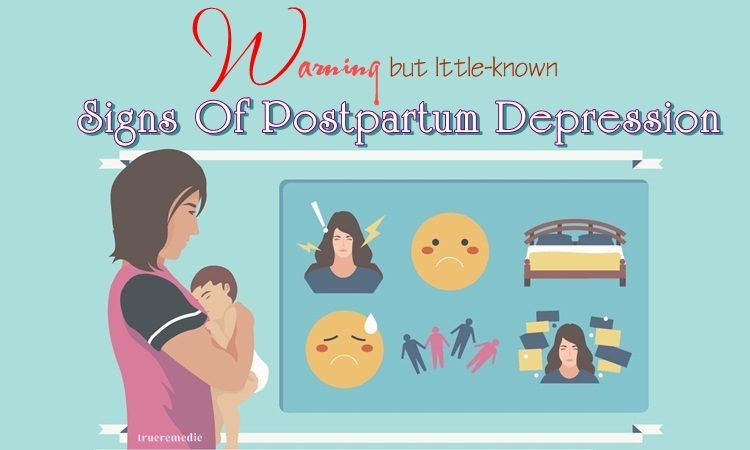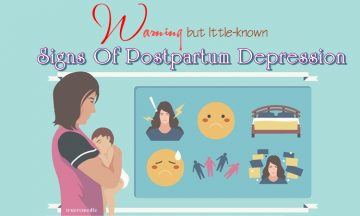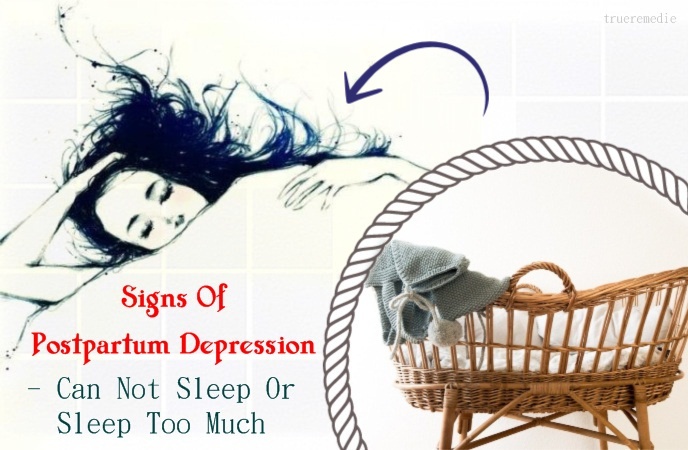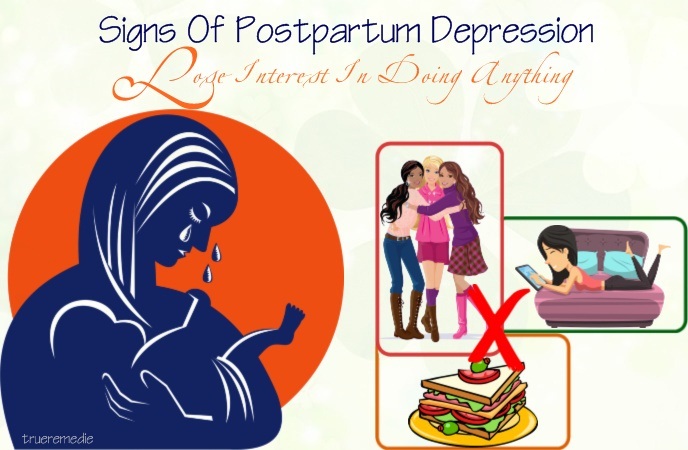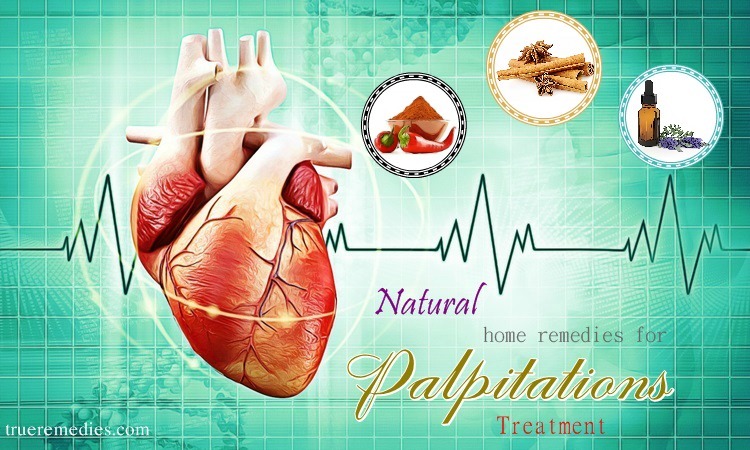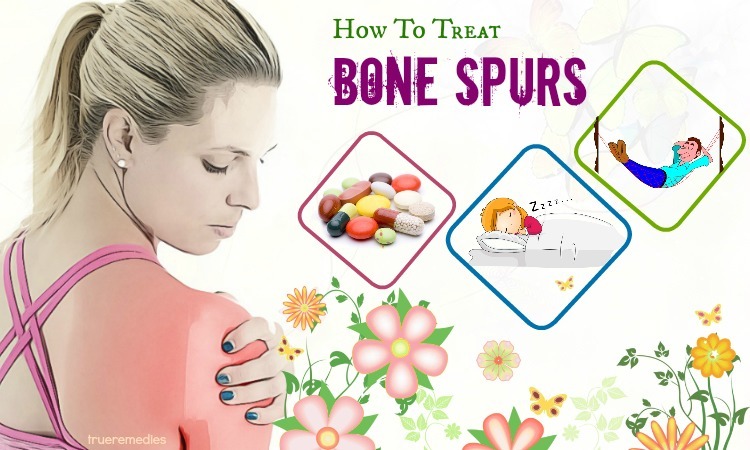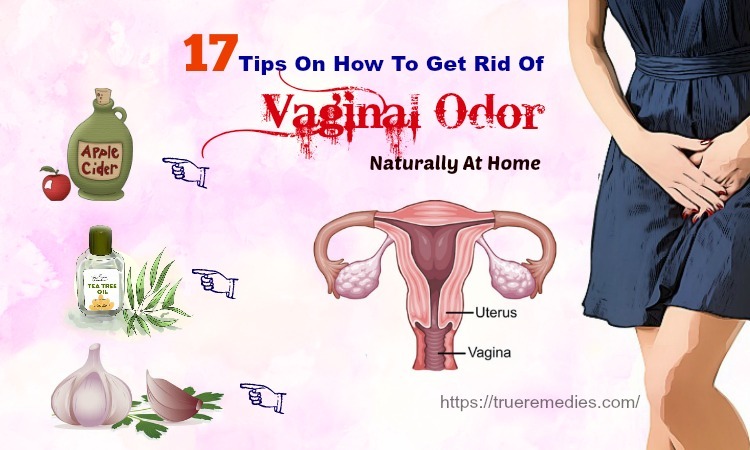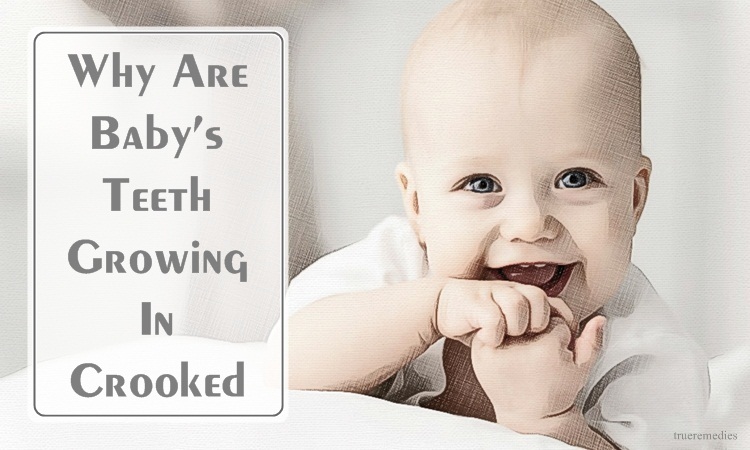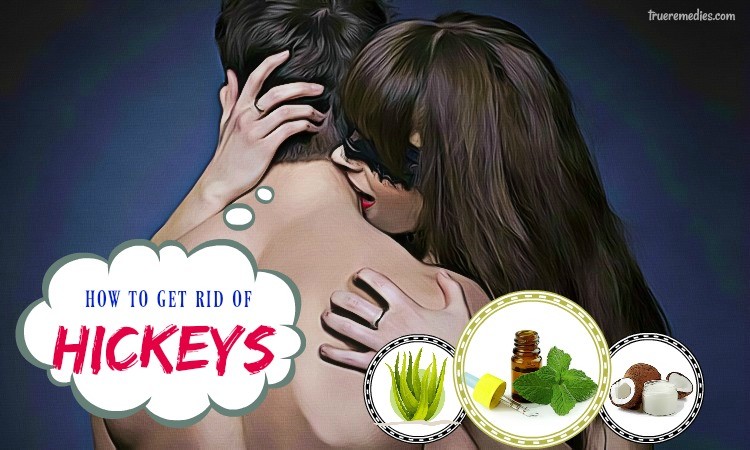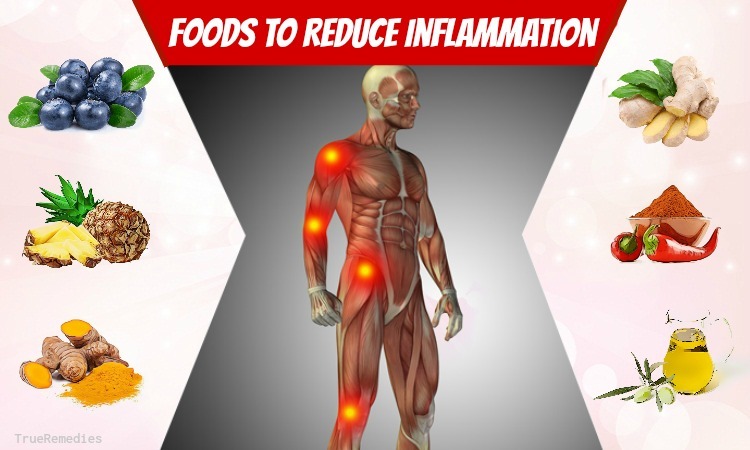Contents
- 1. Feeling Anxious
- 2. Feeling Irritable
- 3. Have Trouble In Making Decisions
- 4. Can Not Sleep Or Sleep Too Much
- 5. Appetite Changes
- 6. Feeling Disconnected From Your Baby
- 7. Worrying That You Can Harm Your Baby
- 8. Think That You Can Not Be A Good Mom
- 9. Cry Too Much And Too Frequently
- 10. Lose Interest In Doing Anything
Having a baby is a piece of good, happy news, but it is hard for any couples, especially women. Imagine that after night, you are suddenly responsible for the helpless, fragile beings. You may experience some issues, such as serious sleep deprivation, turbulent hormones, and tiredness. Your mood is easily affected, and you will get angry or worry about anything. They are the common signs of postpartum depression (also called postnatal depression) that happens when you have a baby. It is not a big issue if you can notice the early-warning signs, make great preparation, and know how to deal with it.
It is not surprising that about 9 – 16% of moms will suffer from postpartum depression. According to the U.S.Centers for Disease Control and Prevention, this serious condition affects one in nine women in America[1]. It can be caused by genetics, predisposition, hormones, and stress. Women experiencing postpartum depression should be taken care of and treated as soon as possible before the condition is out of control. In this article, we will introduce the list of early warning signs of postpartum depression every woman should know.
11 Warning But Little-Known Signs Of Postpartum Depression
1. Feeling Anxious
Most new moms will have the typical concern about her child’s health and even their family. That is normal. But if the anxiety occurs too often without good reason, it is time for you to take it seriously.
Moms will experience a bad mood during their baby’s first 2 weeks, and after that, they will feel better. In that case, you still feel sad or hopeless in weeks later, it is more than the blues.
2. Feeling Irritable
During the early days of motherhood, moms will have difficulty sleeping because of new responsibilities and even the loneliness due to a lack of support from people around you. If not addressed, it can lead to anger and irritability, thus causing postpartum depression.
You are the one who knows yourself. When you suffer from irritability and often get angry without reason, you should do something to make you feel better. For example, you can seek help from your husband or your family. Talking to your friends is also a great idea if you have to overcome the hard early days of motherhood.
TrueRemedies Partner Solutions

Need a Help from the Leading Expert Online, Available 24/7?
They’re all here and ready to answer your questions online or by phone. Keep asking questions until you get the answer you need.
3. Have Trouble In Making Decisions
During the parenthood, you have to make up a lot of decisions, and most of them are for your new baby. Feeling confused is normal if you are having the first baby. However, for women with postpartum depression, it seems more intense and harder than the typical “baby blues.” They will have trouble concentrating, taking, and making even the smallest decisions. Everything becomes overwhelming. So, that is one of the early signs of postpartum depression you should notice before it gets worse and you may do something wrong.
Sometimes, people around you think with a better perspective, and they feel difficult to talk to you about your problem. So, most people often stay quiet and hope everything will get better on its own. However, mothers with postpartum depression will get benefits and have a negative thought when they get help.
4. Can Not Sleep Or Sleep Too Much
Sleeping with a newborn will have something different. A new mother may experience the difficulty of sleeping. Some people sleep too much and always feel tired and fatigued all day. That could be a sign of postpartum depression.
Taking medication for postpartum depression can help your condition by getting hormones back on track. This is because the cause of postpartum depression may be due to the abnormal hormone changes.
5. Appetite Changes
You may find yourself eating too much, or you do not have the appetite to eat anything, which can be signs of postpartum depression. A breastfeeding mother needs to consume an extra 300 – 500 calories a day to ensure the efficient milk supply. Eating a bit more or less than normal is alright but if your appetite changes are out of your control. It is time for you to seek some help.
Talk with your family before you give birth and let them know your feelings and the willingness to hear their feedback and advice. Good preparation will make everything fine during the parenthood. If anything you can not do it by yourself, please do not hesitate to ask for support. If you have a family history of anxiety or depression because of the previous pregnancy, you should make an appointment with a doctor.
6. Feeling Disconnected From Your Baby
The great thing during motherhood is to feel a connection and love between you and your baby. However, sometimes, especially in women with postpartum depression, there is a loss of connection between a mom and their child. They may feel guilty about the depression they experience and think that their mood and condition will affect their babies and people around them.
If you are experiencing the loss of connection from your baby, the best thing you should do for you and your child is to spend your time, resources, and energy to find some help and get better. It is important for you to talk to a doctor, especially when your symptoms of postpartum depression are worsening.
7. Worrying That You Can Harm Your Baby
Mothers always desire to give their baby the best thing and protect them at all costs. But the women with postpartum depression may have intrusive negative thoughts of harming their babies. That is terrifying. When moms are calmer, they may feel shameful and embarrassing to admit that guilt.
So, when the thoughts of harming your baby and yourself invade your mind, it is important for you to meet a health professional immediately.
These thoughts can be terrifying and embarrassing, but never judge women with postpartum depression if you do not want to make everything worse. It is just a symptom of a disorder, and patients need useful supportive help instead of strict judgment.
8. Think That You Can Not Be A Good Mom
Getting into the motherhood, every mother will doubt whether they can become a good mom or not. This can be daunting and overwhelming, especially when you have the first baby. But those feelings will stop after a few weeks.
A mother with postpartum depression can not make it stop, which means something more serious than the baby blues.
It is time you have to find help and support to make yourself better. It is a great idea to listen to the motherhood experiences from someone who has gone through the exact thing like you. For example, you can find groups of single parents, first-time mothers, or parenting or those who are struggling with postpartum depression. And they are willing to give you useful advice and their experiences.
9. Cry Too Much And Too Frequently
Giving birth and meeting your newborn child is a great memorable emotional experience for every mom and dad in the world. It is normal and understandable that your emotions will reach high in a few weeks after your new child is born. However, if your emotions can be calm and you experience problems such as hormonal changes, insomnia or excessive sleep, and frequent cry for more than two weeks of giving birth, it may be one of the little-known signs of postpartum depression.
When your emotions are out of your control, the best thing you can do is to share your feelings and difficulties with people who love and care for you. The good news for patients with postpartum depression is that there are some treatment options that can help. Taking antidepressants is one of the best solutions for mothers dealing with postpartum depression. But it is important for you to consult a doctor who will tell you about the cons and pros of taking medication.
10. Lose Interest In Doing Anything
Now you have a child and nothing makes you interested in even when watching your favorite comedy, hanging out with your friends, or eating your favorite foods. Postpartum depression may be your culprit. If you don’t have an interest in doing anything which you used to enjoy before, it is time for you to talk to a doctor about these changes in your habits and moods.
11. Have Stressful Changes In Your Life
Mothers with postpartum depression need relaxing and calming to make themselves better. Anything stressful or overwhelming in their life only makes their sadness and symptoms of postpartum depression worse. The stressful things in their life could be that they are fighting with their partner or their family members do not help them to take care of their baby. Or someone they loved and cared died. It is a reason why mothers with postpartum depression need great support from the people around them. Experiencing postpartum depression make mother vulnerable to stress, and stress also worsens the symptoms.
As you can see, postpartum depression, an emotional disorder related to mental health that happens during the motherhood and affects many women in the world. It is important for you to understand the signs, symptoms, and causes of this condition before you have a baby to find the best solutions to avoid it. If you are suffering from postpartum depression, don’t feel ashamed and silent. This first important step to help you get better is to reach out for help. In the serious case, you or your family can contact a doctor or find a good mental health professional who will recommend some useful treatments. I hope that you can find useful information in this article from TrueRemedies.com. Any question can be left in the comment section, and we will answer them as soon as we can.

